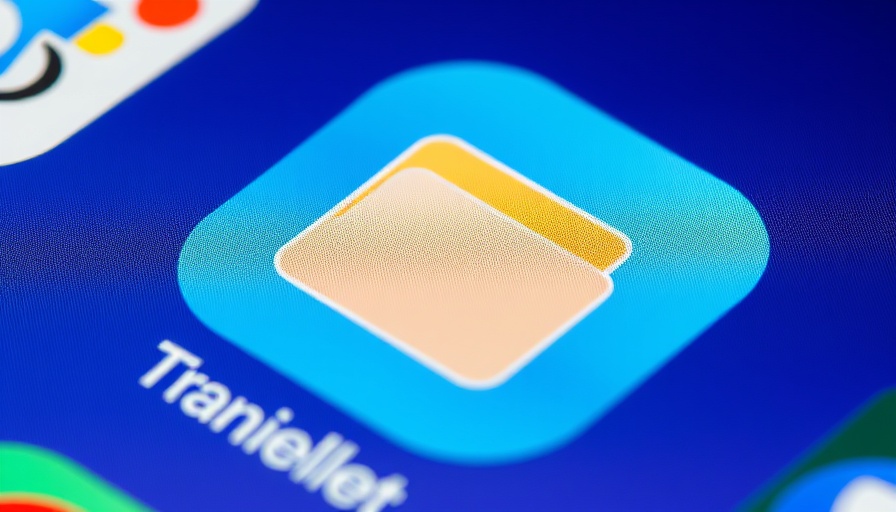
iPhone Users React to Apple Wallet Ads
Recently, iPhone users found themselves inundated with advertisements not from their favorite apps, but from within their very own Apple Wallet app. With the push of a notification promoting the film "F1 the Movie," users were offered a $10 discount on tickets at Fandango, leading to widespread complaints across social media.
This film, which stars Brad Pitt and delves into the thrilling world of Formula 1 racing, also serves as a showcase for Apple's latest technology. It features unique filming techniques using custom-made cameras sourced from iPhone parts, highlighting the synergy between Apple's products and the exhilarating sports entertainment experience. However, the promotional push from Apple, which many users regard as unnecessary, irritated a core group of its customers.
Historical Context of User Discontent
This latest incident rings familiar to long-time Apple users. Users remember the uproar over the automatic addition of a U2 album to their iTunes libraries—a move that was similarly criticized for its lack of consideration for user preference. This feeling has resurfaced as many users express their desire for a cleaner, advertisement-free experience on their devices. A growing trend in tech is the expectation of user autonomy over what appears on personal devices, fueling discontent with unsolicited marketing messages.
The Changing Landscape of Mobile Advertising
As Apple seems committed to integrating more promotional content into its apps, particularly its Wallet feature, this development may mark a shift in how tech companies monetize built-in apps. Industry watchers have noted that more companies are attempting to weave advertising into every user interaction, leading consumers to feel overwhelmed. In a world where subscription models often promise ad-free experiences, the question of how far tech giants like Apple should go in promoting their own content remains hotly debated.
User Control Over Advertisements
Currently, Apple users have limited options for controlling these promotions. While users can opt-out of notifications or hide card benefits during payment, clear avenues to completely turn off promotional offers are lacking—except for those who are part of the iOS 26 beta testing. This is a significant concern for many who feel that the convenience of the Wallet app is being compromised by unwanted advertising.
Future Implications for Users and Brands
The introduction of promotional content in core applications could have long-lasting implications for user trust and brand loyalty. As Apple pushes its marketing agenda, users may start seeking alternatives that respect their preferences and offer ad-free environments. Could this lead to a rise in non-Apple wallet alternatives or even other smartphone ecosystems that prioritize user experience over advertising revenue? It's a possibility that requires careful consideration.
Community Response and Corporate Responsibility
The community's response illustrates a tight-knit relationship between users and their devices. When the value of that relationship is tested—by unsolicited ads, for instance—users feel empowered to voice their discontent. Many consumers wish for a more transparent and respectful marketing strategy from tech titans like Apple. How Apple responds to this feedback will be pivotal in shaping how they continue to promote new works while maintaining consumer trust.
Concluding Thoughts: The Path Forward
As technology continues to evolve, how companies communicate with their users will determine their long-term success. Users want control and the choice to engage with marketing content on their terms. For Apple, adapting to these expectations could either reinforce its loyal customer base or drive users to competitors who prioritize user experience above aggressive marketing techniques. Understanding this balance will be key to how technology companies pave their future in a fast-changing landscape, particularly in mobile tech.
As we see it today, the true lesson here is that while innovation and promotion go hand in hand, the user experience should always come first. Will Apple take heed of its customer base’s calls and adjust its approach? Only time will tell.
 Add Row
Add Row  Add
Add 



Write A Comment